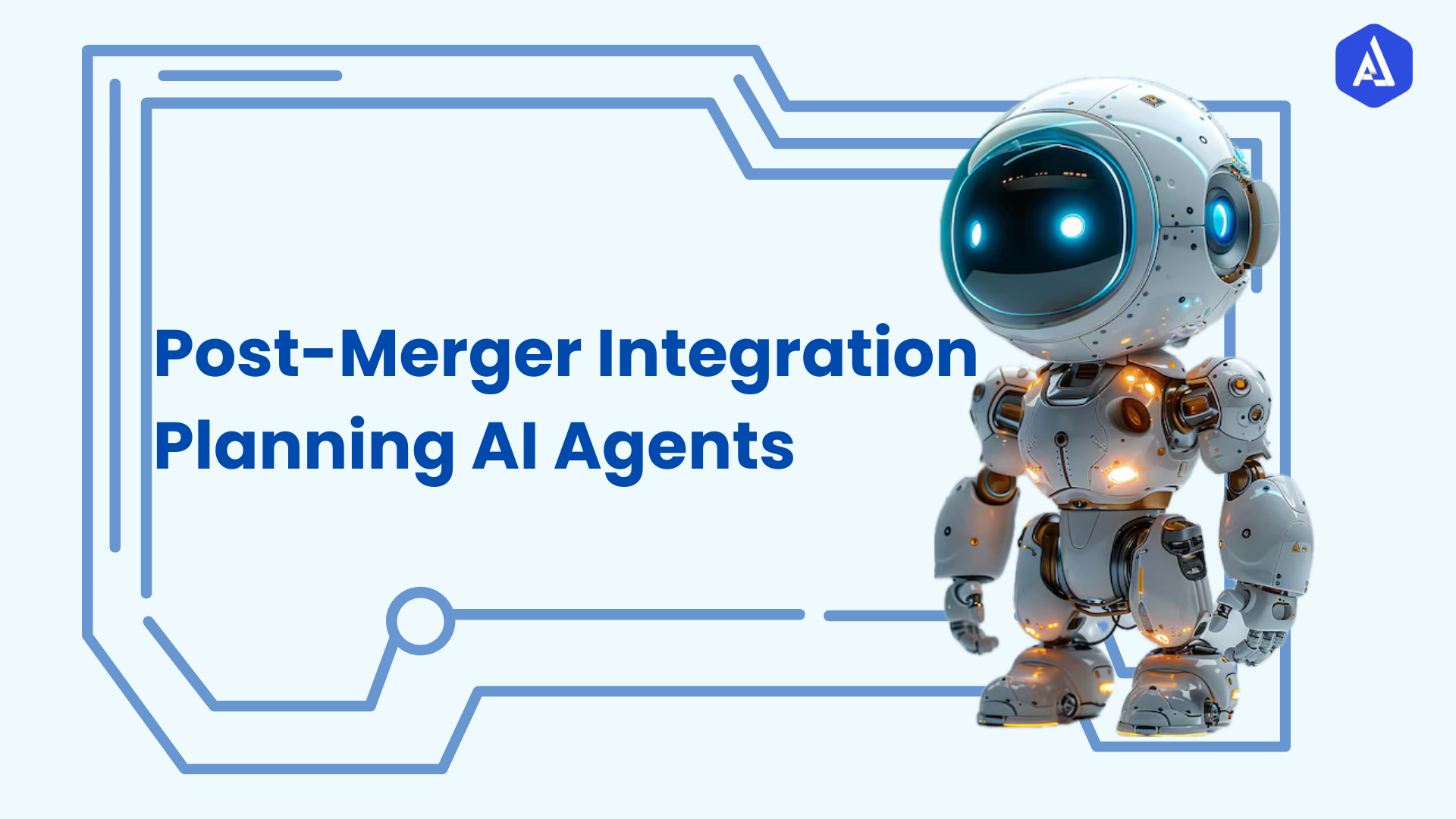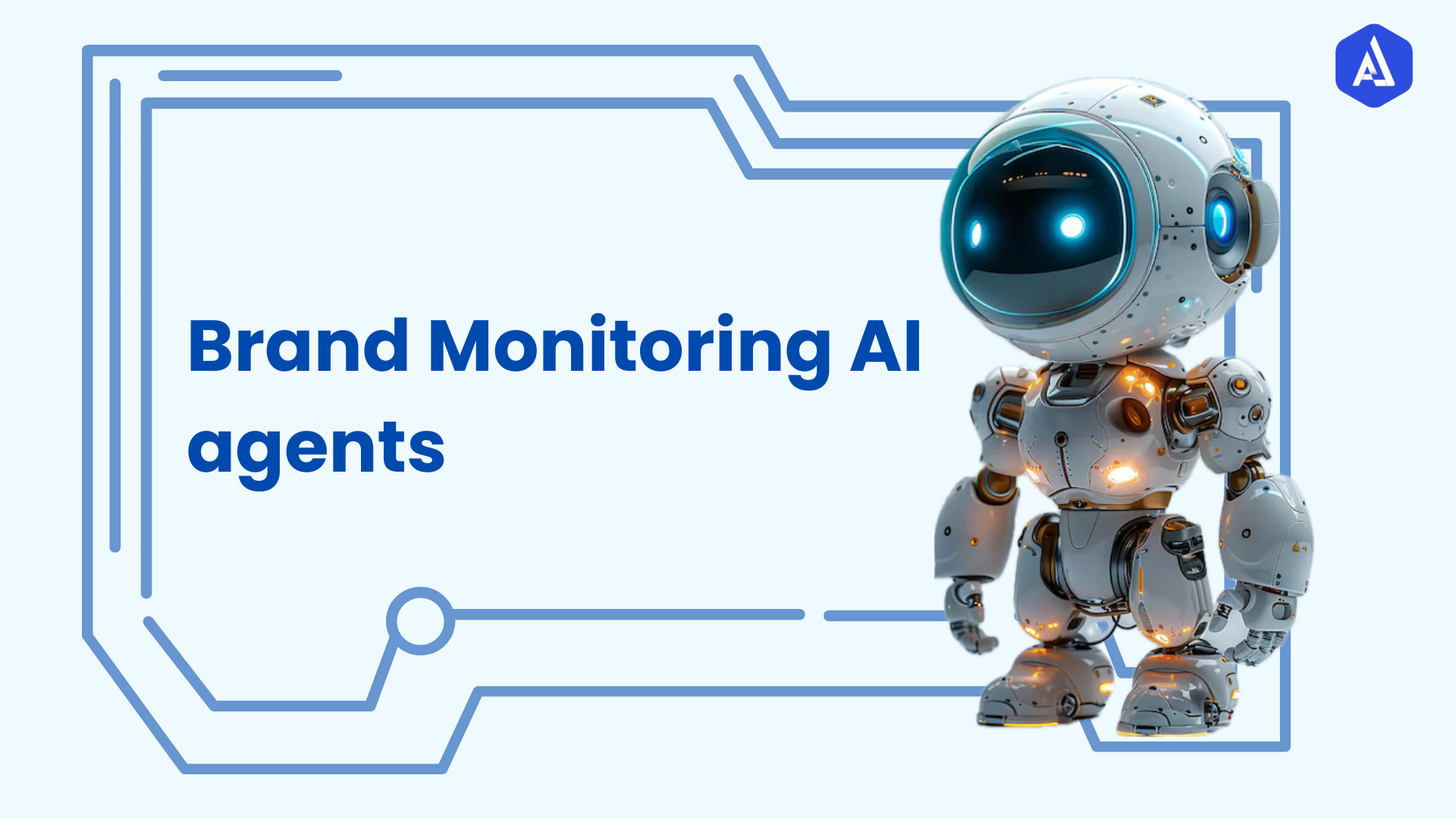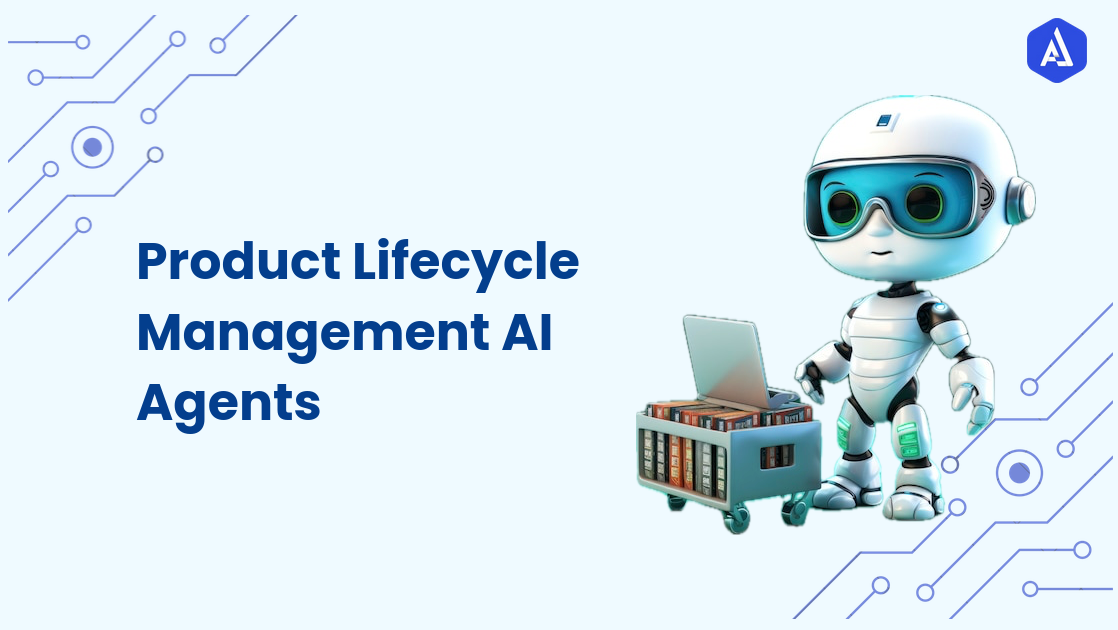Introduction
Marketing Analyst AI Agents are intelligent digital assistants designed to streamline data analysis and enhance marketing strategies. By automating routine tasks and providing actionable insights, these agents empower marketing analysts to focus on high-level decision-making and drive impactful campaigns.
The Role of Marketing Analyst
Marketing Analysts take in data, interpret such info, and determine what marketing strategy can be implemented given such data. They are expected to understand trends, follow up on the success of Marketing initiatives, and report the collected data insights.
However, they struggle to deal with large volumes of data, they spend hours on analysis but rarely bring their work to the final step of acquiring actionable insights on time. In one sense, all these challenges can make it difficult for them to react fast to market changes.
They solve these problems by letting Marketing Analyst AI Agents process data automatically, analyze it faster, and produce real-time insights to make better business decisions.
Primary Challenges of a Marketing Analyst
-
Managing Large Volumes of Data: Handling extensive datasets can be overwhelming and complicate the analysis process.
-
Time-Consuming Analysis: Spending hours on data analysis often leads to delays in acquiring actionable insights.
-
Difficulty in Reacting to Market Changes: Challenges in processing data quickly can hinder timely responses to shifts in market trends.
-
Lack of Understanding of Data Utilization: Many analysts struggle to fully grasp how to leverage data effectively for strategic decisions.
-
Data Overload: The sheer volume of data can create confusion, making it difficult to extract meaningful insights
About the Agent
Marketing Analyst AI Agents are to be built to work in tandem with existing marketing applications and analytical tools. These agents apply machine learning technologies in analyzing buyer behavior and trends in the market thus presenting the analyst with details beyond the attainment of conventional techniques.
By offering insights in easily understandable formats of data visualization, Marketing Analyst AI Agents assist Analysts in presenting their results to the stakeholders. Besides, they can build data models that are used for creating initial campaign performance expectations, and teams can utilize the data to manipulate resources.
In general, these agents increase the efficiency of the work of a marketing analyst and provide them with the necessary information for successful marketing operations.
Key Features of Marketing Analyst AI Agents
-
Data Collection and Analysis: Efficiently gathers and analyzes vast amounts of data from various sources, providing valuable insights into customer behavior and market trends.
-
Predictive Analytics: Utilizes historical data to forecast future trends and consumer behaviors, enabling proactive marketing strategies.
-
Campaign Optimization: Continuously monitors and adjusts marketing campaigns based on performance metrics like click-through and conversion rates to maximize effectiveness.
-
Automation of Routine Tasks: Automates repetitive tasks such as reporting, data entry, and A/B testing, freeing up analysts for strategic planning.
-
Personalization at Scale: Creates hyper-targeted customer segments and tailors marketing messages to individual preferences for improved engagement.
-
Real-Time Insights: Provides instant alerts and continuous monitoring of market shifts, allowing for agile decision-making and strategy adjustments
Use Cases
Potential Use Cases of Marketing Analyst AI Agents
a. Processes
Marketing analysts have to handle large amounts of data in order to help achieve effective strategies. The Digital Partner, in the context of marketing analyst AI agents, automates complex analyses into data and gives insight directly in real-time.
Enhancing one key process through the use of machine learning includes making customer segmentation based on some patterns in the data as it relates to more tailored marketing efforts.
They allow trend analysis through ongoing monitoring of social media and news sources, therefore allowing analysts to adapt in accordance with emerging market trends.
b. Tasks
-
A/B Testing Automation: AI agents automate A/B testing, which can be put quickly to design and analyze to obtain actionable insight.
-
Content Optimization: Content optimization happens here because AI scans the useful content to help in enhancements based on engagement by the audience.
-
Competitor Analysis: It is through these agents that they follow all competitor activities and provide regular updates for analysts' assurance that they remain at the times' pace with other analysts.
-
Predictive Analytics: They can predict customer behavior and the behavior of the campaigns that shall be conducted to fetch the best possible outcome.
-
Feedback Analysis: It provides a speedy analysis of feedback so that areas to improve for a better experience will come quickly to notice.
The impact of Marketing Analyst AI Agents extends across various industries, providing tailored solutions that address unique challenges in marketing analytics. Here are some specific use cases demonstrating their versatility:
-
E-Commerce Optimization: These agents use shopping behavior data in e-commerce platforms and environments to improve the conversion rate as well as the marketing strategies of products and services, that are recommended to a specific category of customers.
-
Retail Trend Analysis: AI agents are used by retailers to track what consumers are saying and doing in social media and other platforms so that new patterns can be recognized at the earliest opportunity and changes made then on the inventory or marketing approach.
-
Financial Services Marketing: In finance, these agents help use customers’ data to develop the right campaigns in selling targeted financial products for distinctive customer types and their behavioral patterns.
-
Healthcare Outreach: Patient engagement is another sector because human physicians employ AI agents in patient engagement triage to determine which patient communication strategy will be most effective.
-
B2B Lead Generation: Marketing Analyst AI Agents will provide an accurate lead-scoring mechanism that assesses interactions and behaviors in B2B surroundings thus enabling sales representatives to contact high-potential leads.
With the use of the functions contained in the Marketing Analyst AI Agents, marketing planners in different business sectors will be able to innovate and improve marketing plans to get better engagement performances and improved overall results in a highly competitive environment.
Considerations for Implementing Marketing Analyst AI Agents
a. Technical Challenges
-
Data Integration: Often it is challenging to integrate Marketing Analyst AI Agents into the existing marketing technologies and knowledge bases. Compatibility of data and smooth flow are important so that the union can run effectively.
-
Data Quality and Consistency: The performance of the AI agents depends on the quality of data that the AI agents process. Usually, data can be inconsistent or contain missing values which does not allow for receiving accurate conclusions, that is why data quality must be high.
-
Security and Privacy: As found in Table 6, security of the customer information can be sensitive, so proper measures must be put in place. This, however, means organizations must adhere to data protection laws to avoid such occurrences while protecting the customers.
b. Operational Challenges
-
Cultural Resistance: Implementing the AI agents might be an issue here because the marketing teams might be displeased due to the appearance of new mechanisms that threaten to take away their jobs. There is a need to ensure that the message being passed to all the stakeholders is that these agents are intended to complement human functions.
-
Training and Adaptation: Marketing personnel specifically will require a special form of training so that they can fully engage AI agents. Another is continuous training to update the current features and the staff's capabilities.
-
Balancing Automation with Human Touch: Balancing between algorithm-generated information, and the human touch, is therefore ideal. The managerial risk of overselling AI is that people do not interact with customers more genuinely than before.
Benefits of AI Agents for Marketing Analysts
a. What Would Have Been Used Before AI Agents?
Before AI agents, marketing analysts relied heavily on manual data processing with spreadsheets and basic analytical tools. This labor-intensive approach often led to delays in insights, inaccuracies, and inefficiencies, making it difficult to respond quickly to market changes.
b. What Are the Benefits of AI Agents?
-
Enhanced Efficiency: Marketing Analyst AI Agents can perform routine data evaluation and report generation to provide more effective use of time and resources for incoming marketing strategies and marketing problem-solving creativity.
-
Cost Savings: These agents help decrease organizational operational costs since they eliminate the need for excessive manual analysis required when using traditional systems.
-
Improved Insights: Since AI agents can analyze more thoroughly and complicated data compared to humans, the result is better and well-informed decision-making and hence better marketing strategies.
-
Real-Time Data Access: Most of these agents provide real-time analysis, which means that marketing teams can adapt to change quickly and improve how they manage campaigns.
-
Better Customer Targeting: Based on data-driven segmentation, AI agents can also assist marketers in targeting relevant high-value customers, which improves the value of the campaign and increases the return rate.
Usability
-
Access the Agent: Login to the platform hosting the Marketing Analyst AI Agent and confirm your access permissions.
-
Get familiar with Features: Go through the dashboard to know what is available, including data analysis tools and reporting options.
-
Input Data: Upload datasets relevant to the agent in a clean and organized form to optimize analysis.
-
Parameters Setting: Set parameters for analysis, including time frames and metrics of interest.
-
Running Analysis: Go ahead and run the analysis based on the function you have chosen. You have chosen customer segmentation. Watch how it goes.
-
Insights Review and Recommendations: Once the analysis is complete, review the insights that were generated by the agent to inform your marketing strategies and campaigns.
-
Monitor Performance: Continuously track the outcomes of the implemented strategies and measure their effectiveness. Through the agent, there is an ability to scrutinize ongoing performance metrics.
If all these steps are considered in place, the use of the Marketing Analyst AI Agent will effectively aid a user in his or her marketing efforts.


